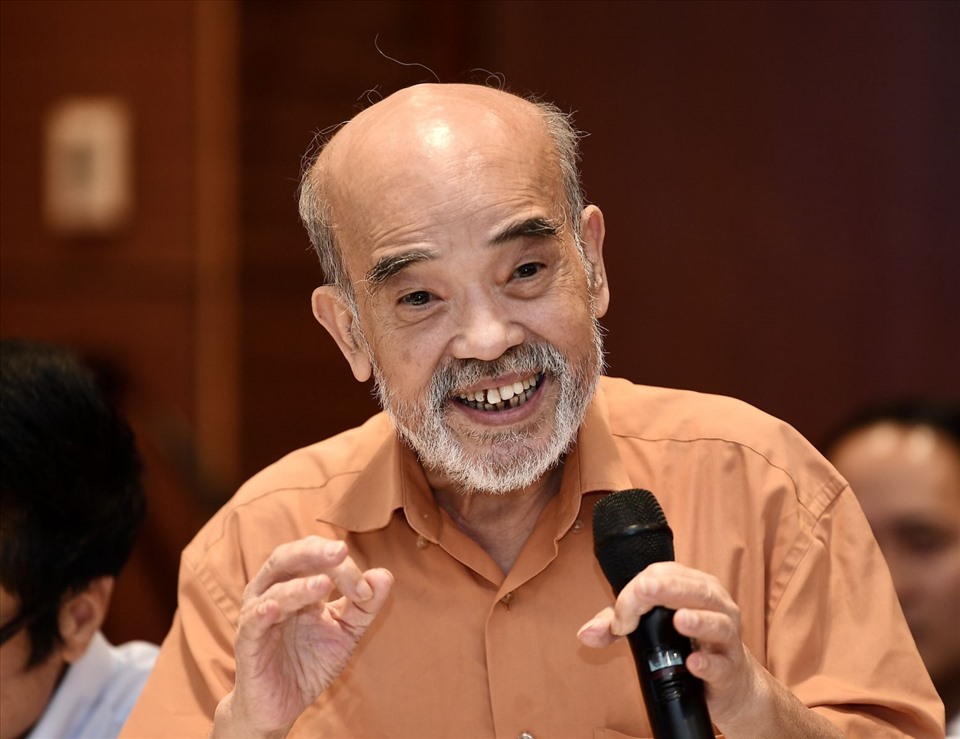Many localities are in the process of building a Land Price List to be applied from January 1, 2026. In an interview with Lao Dong, Prof. Dang Hung Vo - former Deputy Minister of Natural Resources and Environment (now the Ministry of Agriculture and Environment) - said that the construction of a new land price list should be based on the basic principle that the State's land price list must be close to the land price on the market.
According to Mr. Vo, if there are two types of prices - State price and market price - the gap between these two prices will create inequality. People whose land is recovered by the State will suffer losses due to low compensation prices, while those who are allocated or leased land will benefit because the State's land price list is lower than the actual price.
Since Vietnam applied the market mechanism in 1991, the price of state land is only about 40% of the market price. Although there have been adjustments recently, this gap is still large.
"Therefore, we must gradually bring the land price list closer to the market price to ensure fairness" - he said.

However, according to him, when the land price list is adjusted up, many different reactions will appear. People who want to convert garden land to residential land to separate households or build houses will reflect high prices, while businesses investing in real estate projects are concerned about increased input costs, affecting profitability.
These two reactions are well-founded, but the problem is not in the land price list but in the accompanying land finance policy. The land price list must accurately reflect market prices to ensure fairness, while financial policies need to support those in difficulty" - he analyzed.
According to Prof. Dang Hung Vo, rural people currently do not have a policy on social housing land similar to the policy on social housing in urban areas, while their income is much lower. When converting garden land to residential land, land use fees must be paid according to a high price list, nearly equal to the price of buying land outside the market, which is unreasonable. He said that the land price list is not an unchanged factor but needs to be flexibly applied to each group of subjects.
"For low-income households, when their families expand, they need to separate households, so they are allowed to only have to pay 30%, even 15-20% of the land price list. That is completely reasonable, there is no need to reduce the land price list, just clearly identify the beneficiaries of the support level. This approach is both fair and does not violate the principle of land prices approaching the market" - he proposed.
For businesses investing in real estate projects, Mr. Vo said that when input land prices increase, the cost of real estate products, goods and services also increases, reducing the competitiveness of the economy.
Many countries have handled the matter by only collecting 30% of land value at market price when allocating land to investors. They consider this an "advancement right" purchase, and the State will gradually recover the remaining 70% when the project is completed, the real estate value will increase" - he cited.
Prof. Dang Hung Vo believes that raising the land price list close to market price is necessary to create transparency, fairness and efficiency in land management. The important thing is to design a reasonable financial policy, to do so, the land price list approaching the market will not only be more transparent but also contribute to promoting sustainable economic development.











